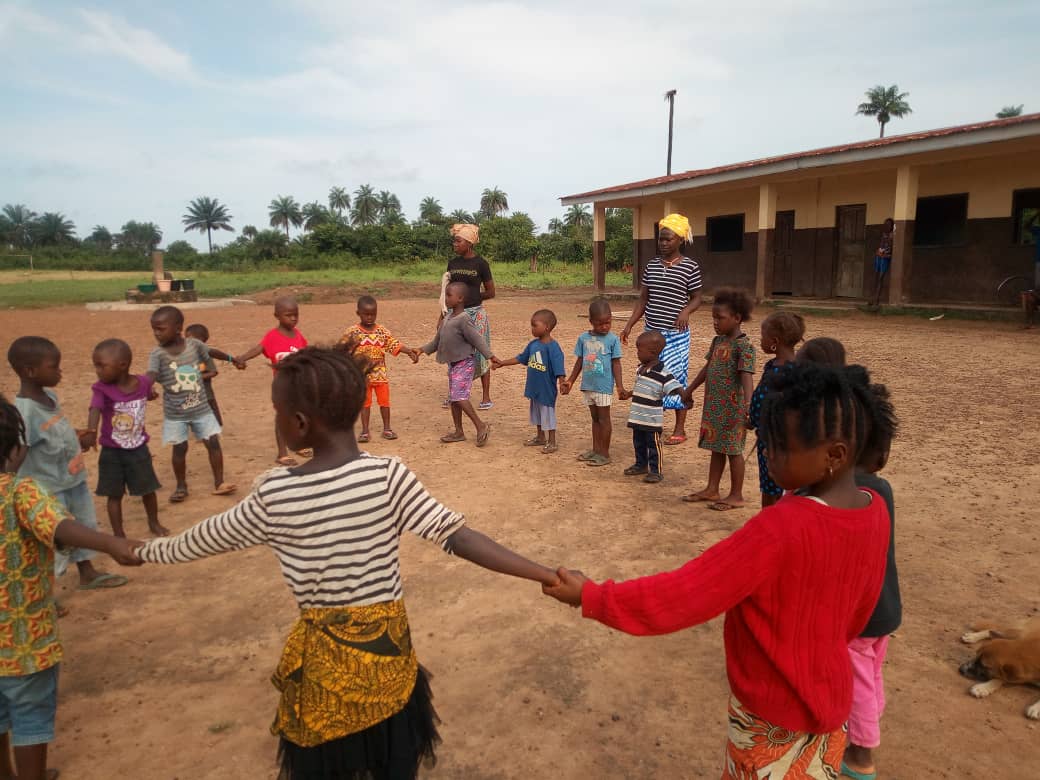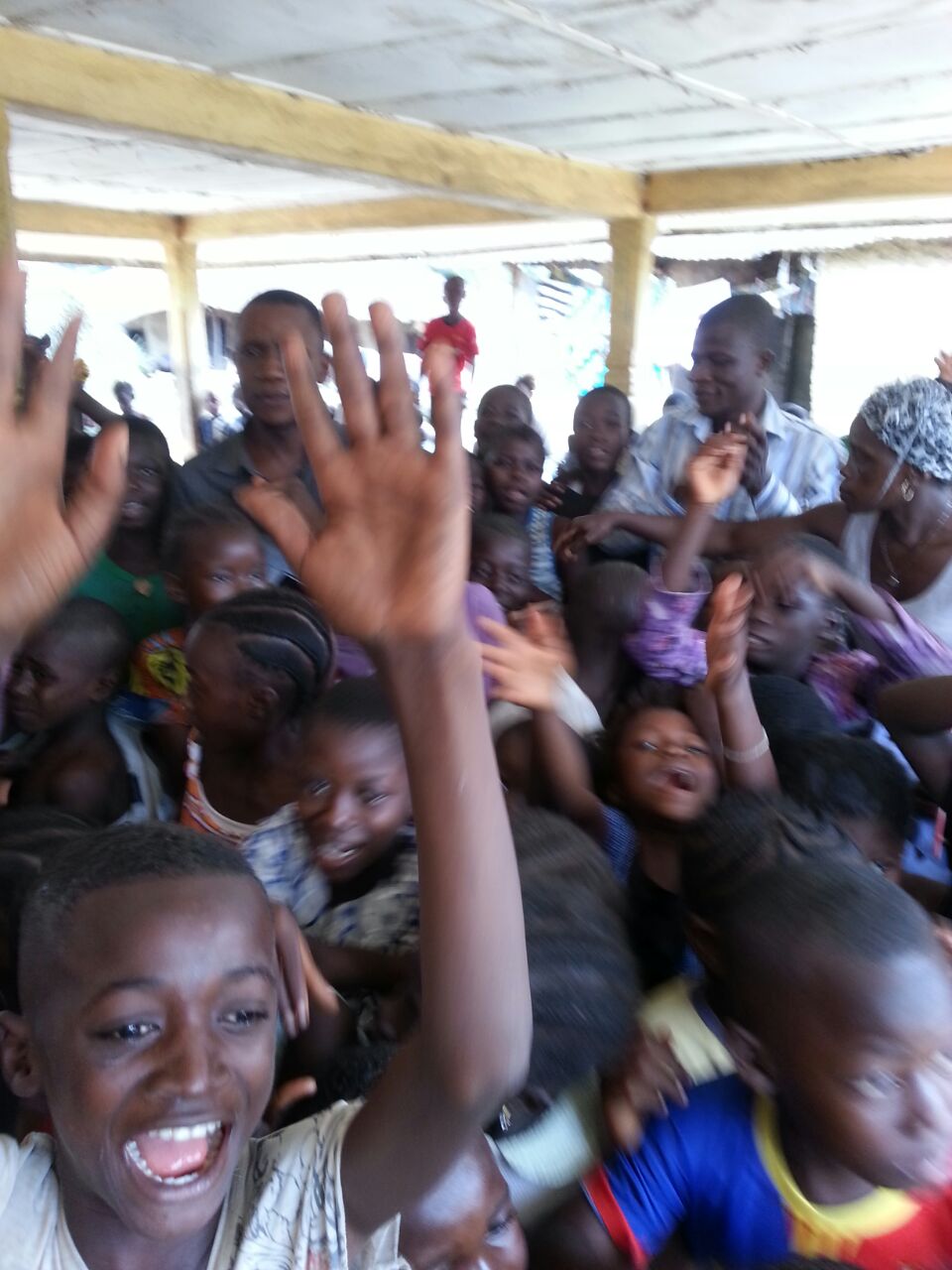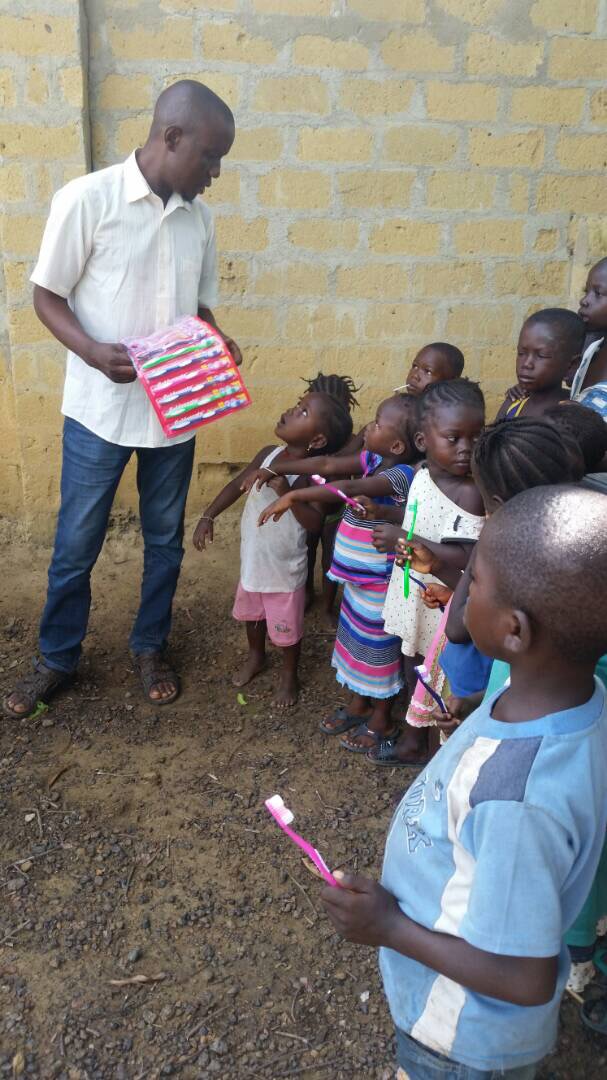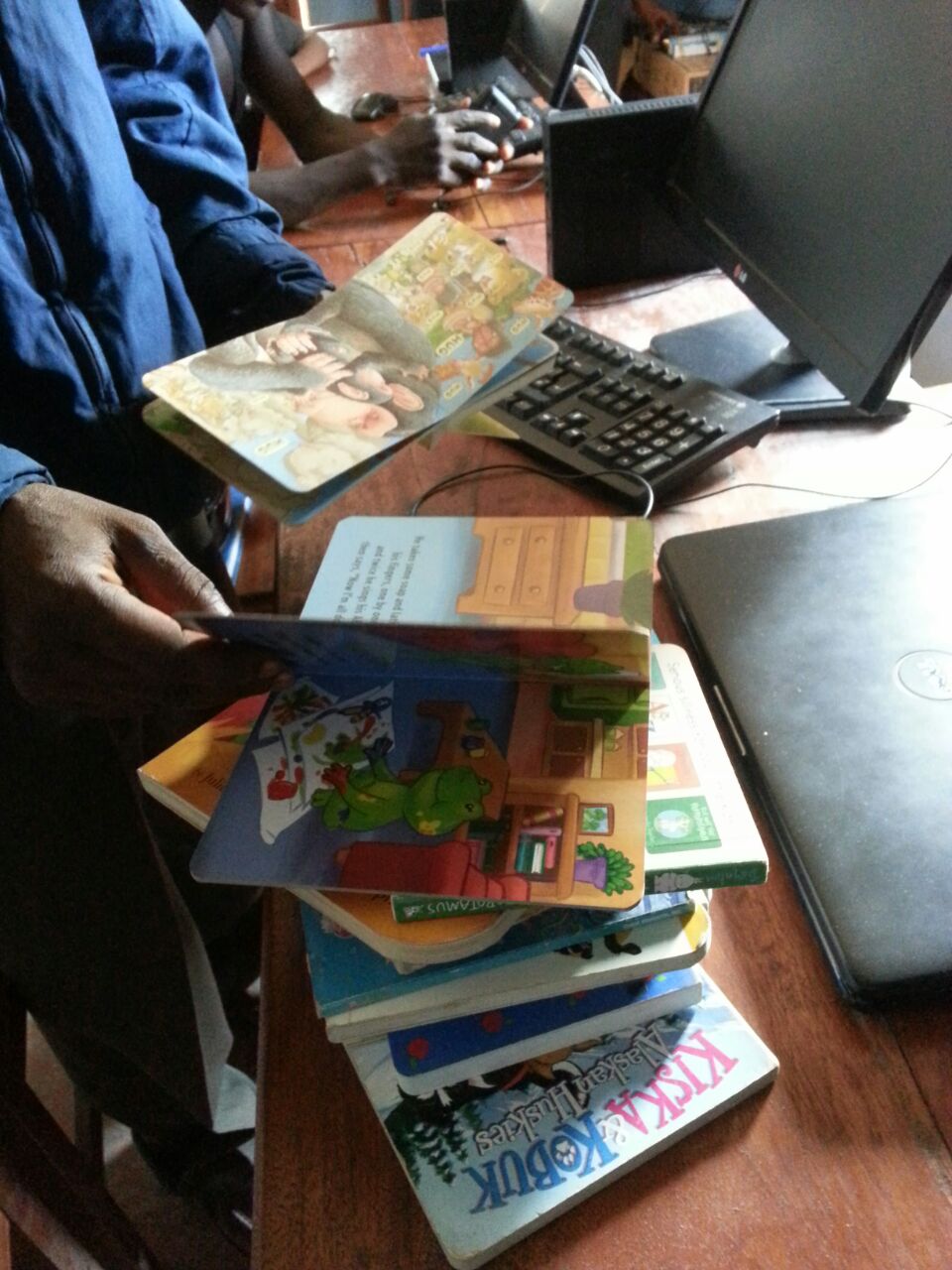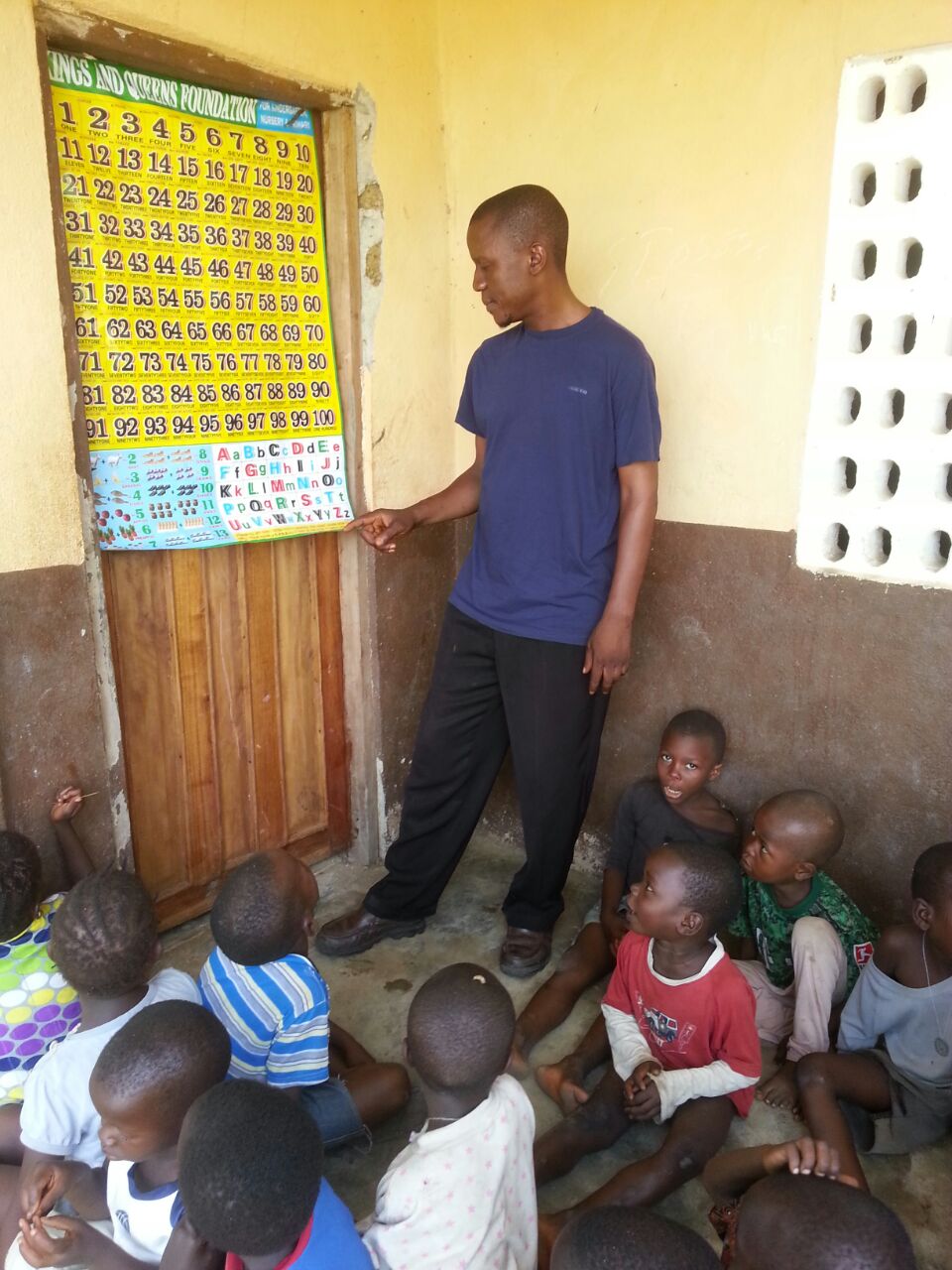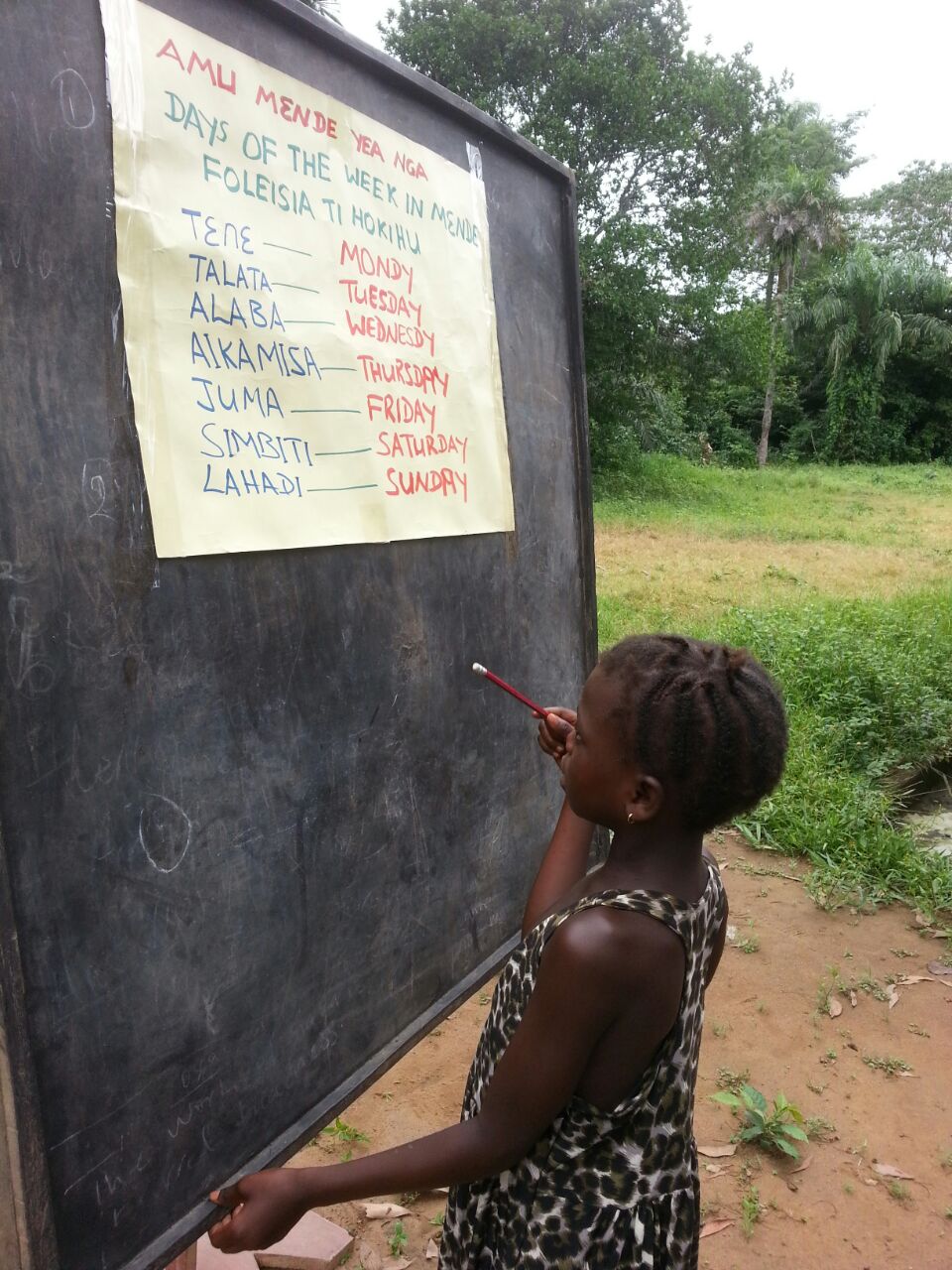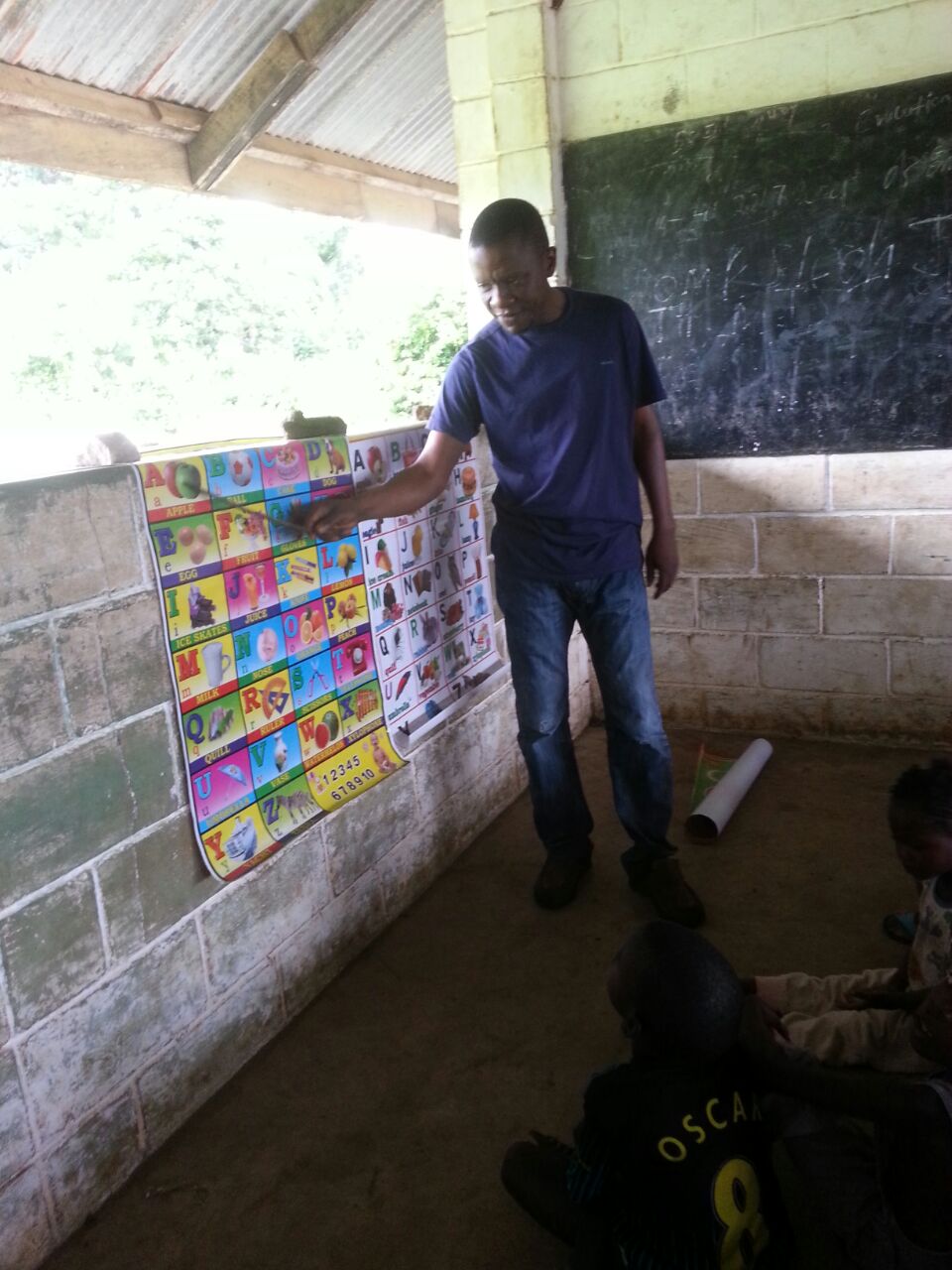Early Childhood Education (ECE) Program
"Breaking this cycle of poverty depends on investments by governments, civil society and families in children's rights and wellbeing, and in women's rights. Spending on a child's health, nutrition, education, and social, emotional and cognitive development, and on achieving gender equality, is not only an investment in a more democratic and a more equitable society, it is also an investment in a healthier, more literate and, ultimately, more productive population.
Investing in children is morally the right thing to do. It is also a sound economic investment, with high rates of return. That is why UNICEF says "Finance development: Invest in Children". It is also why UNICEF says "Poverty reduction starts with children". The world has come to agree on this. Six of the eight Millennium Development Goals (external link) relate directly to children."
- UNICEF
ECE program overview
To achieve a positive long-term impact, we believe it starts with children. This is why we have invested in a program that provides equitable access to quality early childhood education in rural Sierra Leone since 2016, with a focus on rural families unable to afford school. The goal of this program is to invest in the youngest generation by creating a safe and empowering environment for children and parents to learn about health and hygiene, basic education, nutrition, and social and emotional development. Children learn through a combination of fun educational games (online and offline) and structured classroom work. Lessons are taught in their native language, Mende, and in English.

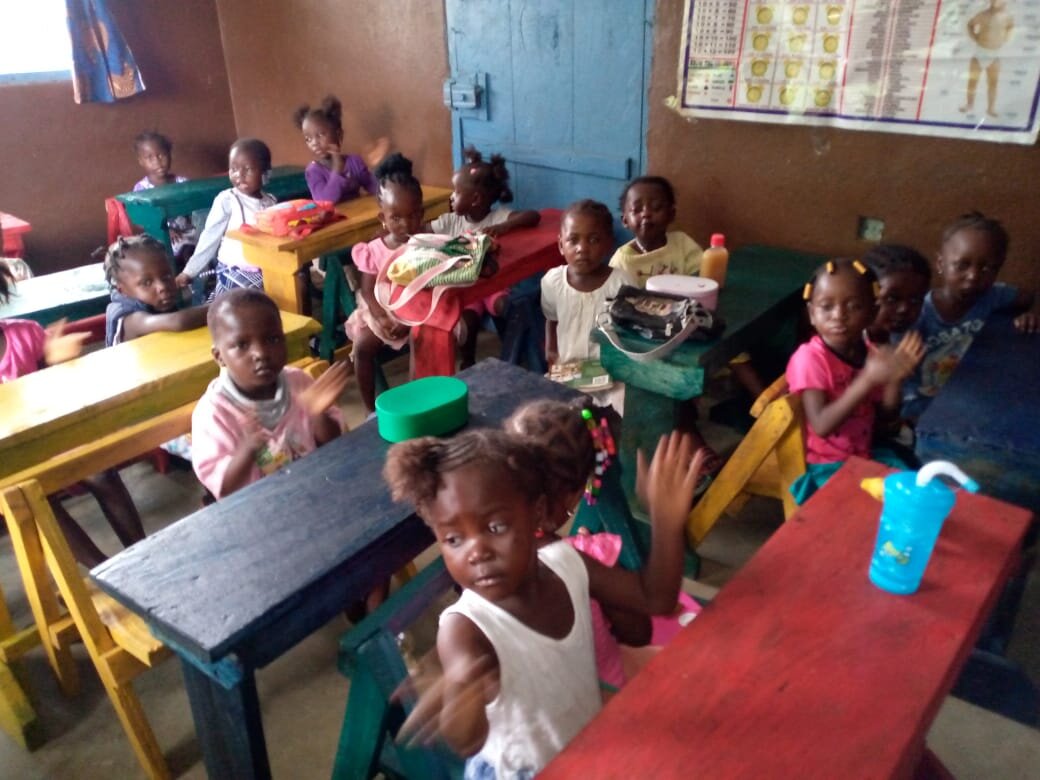
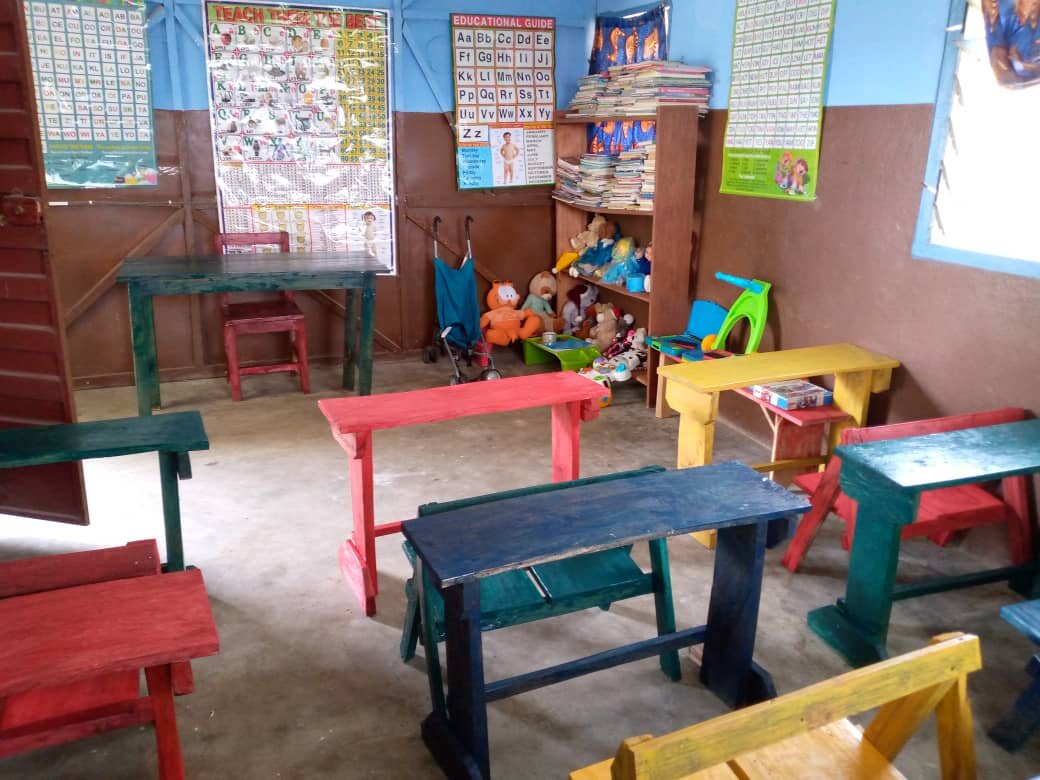
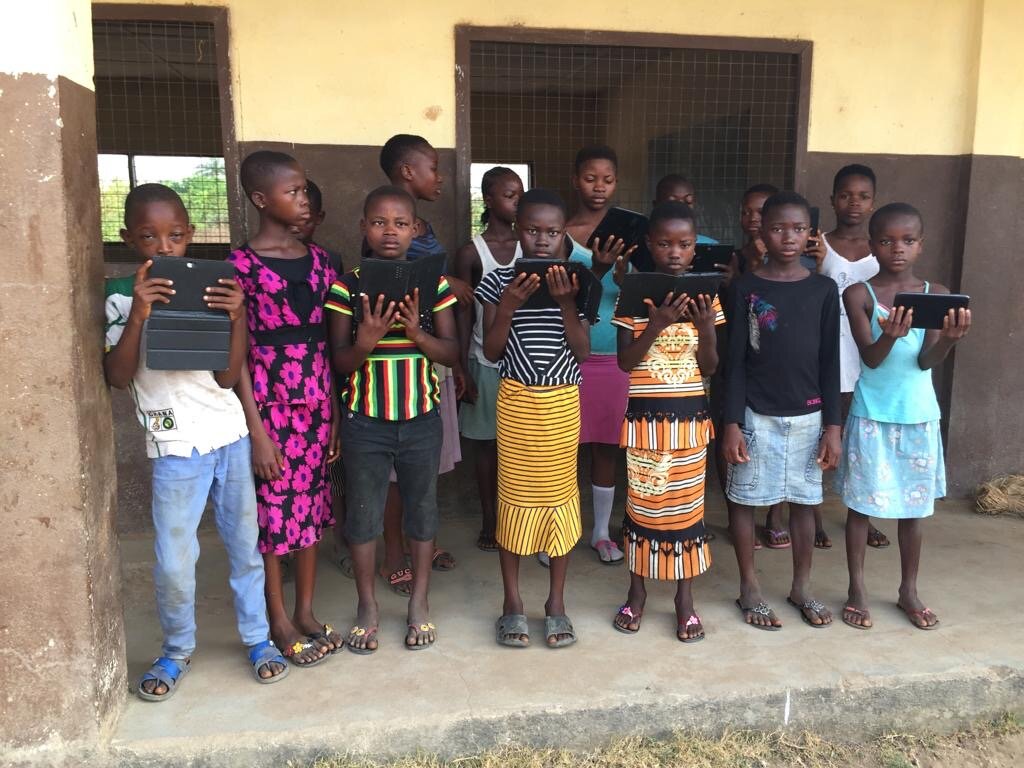
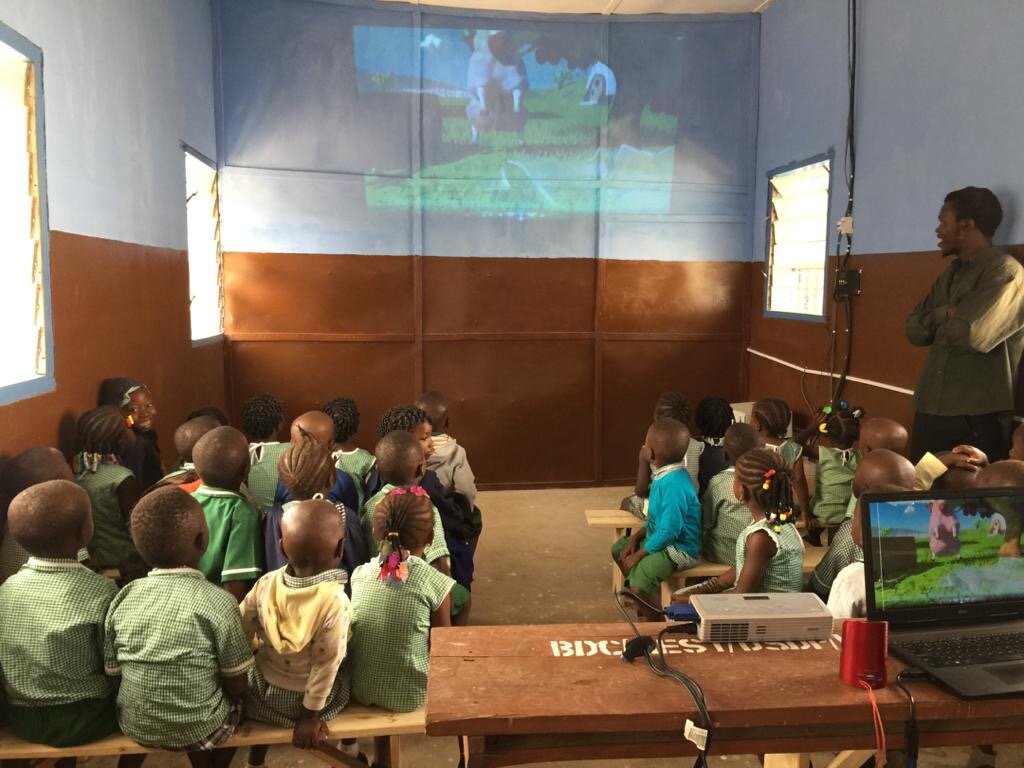
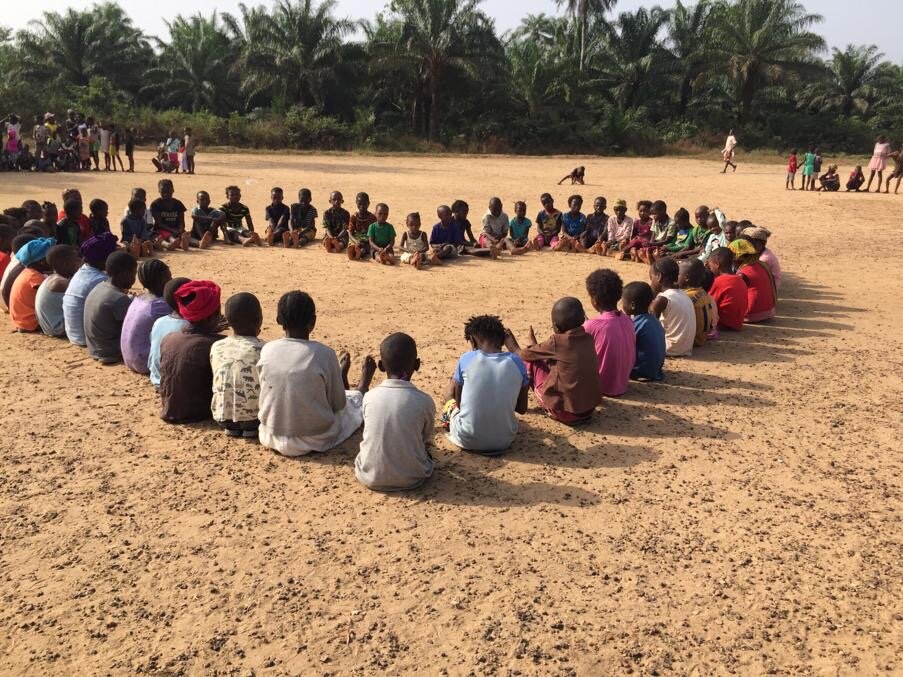
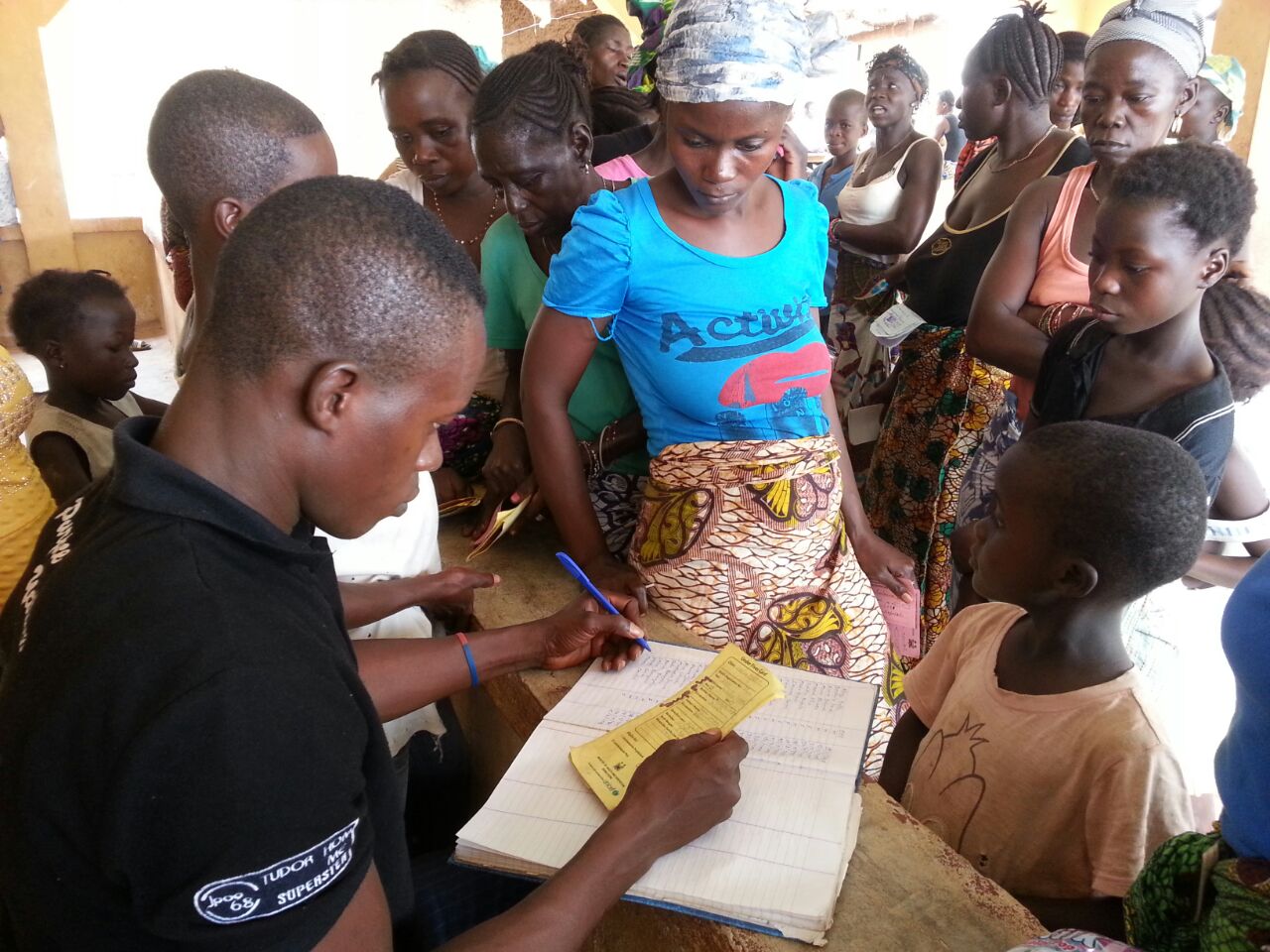
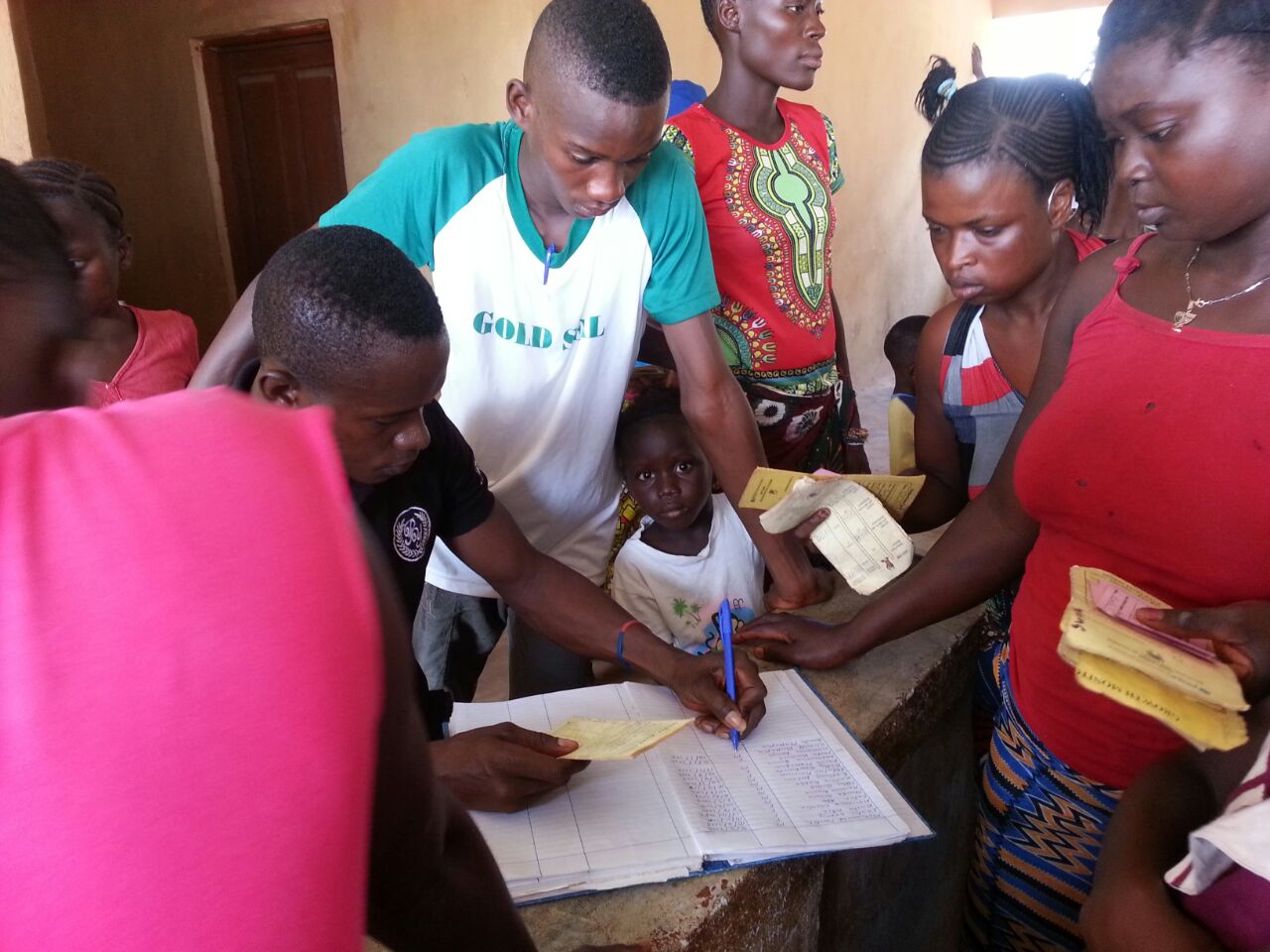
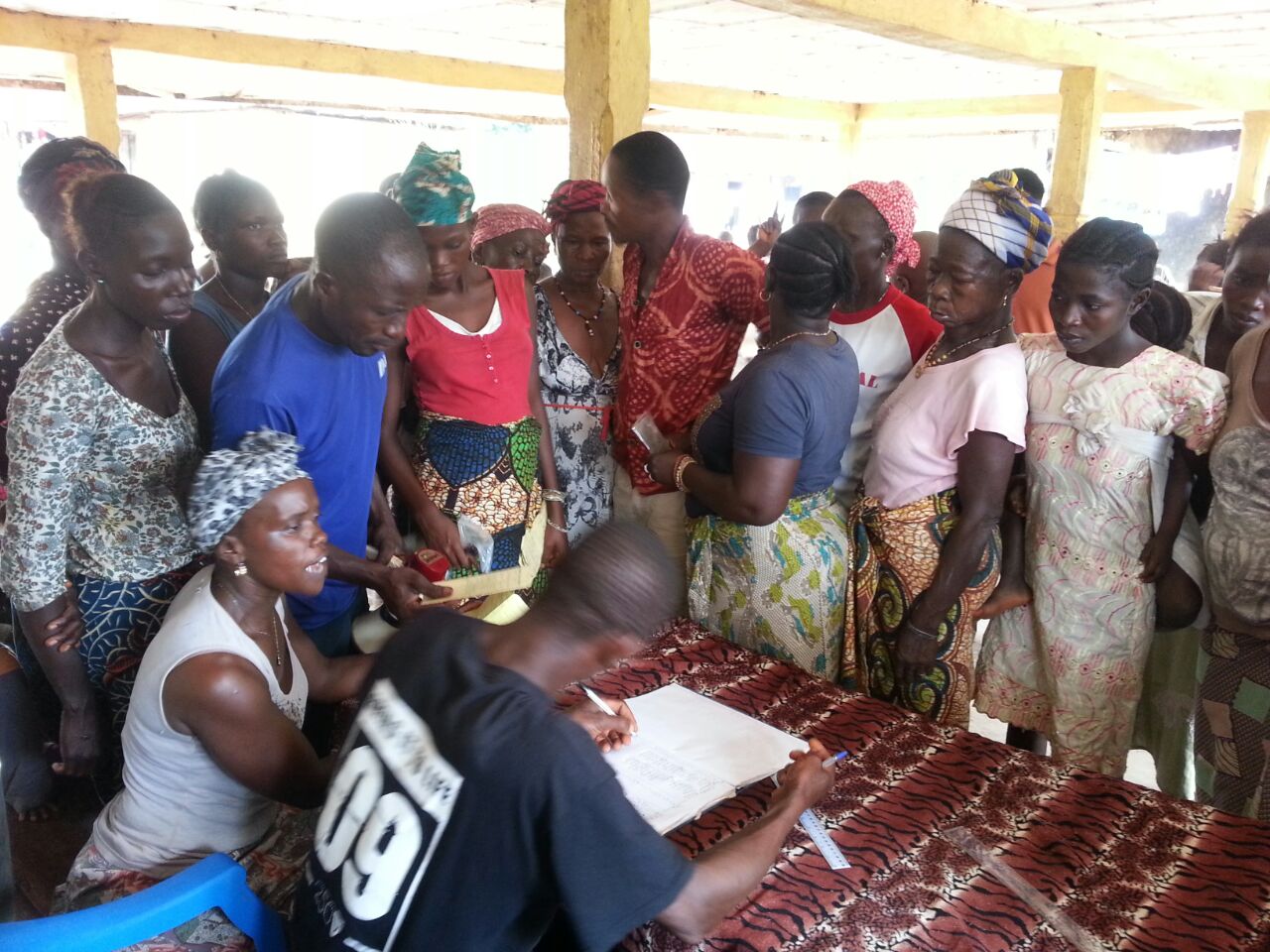

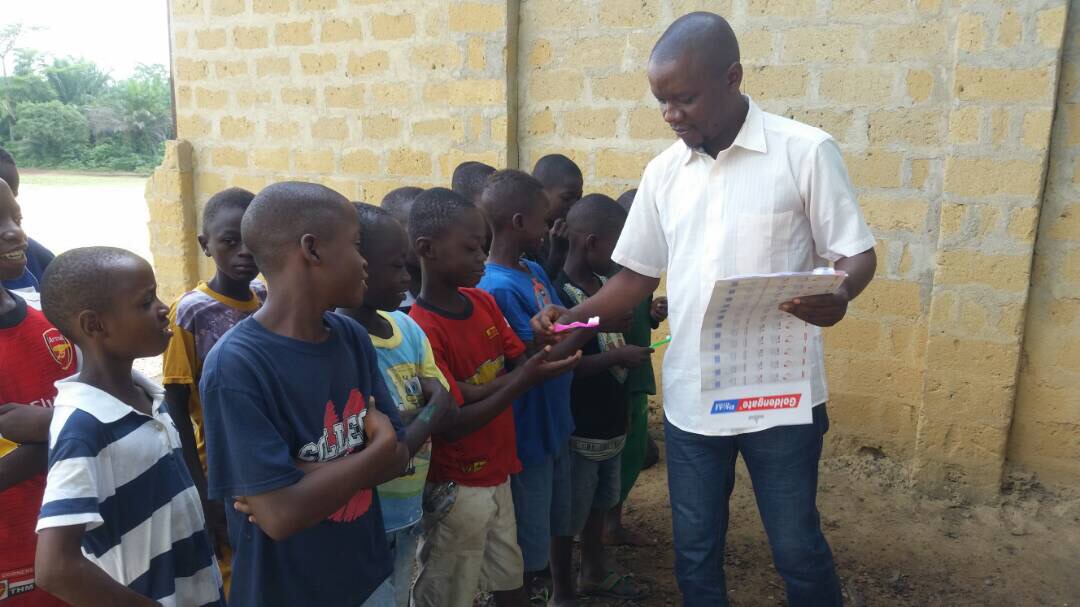

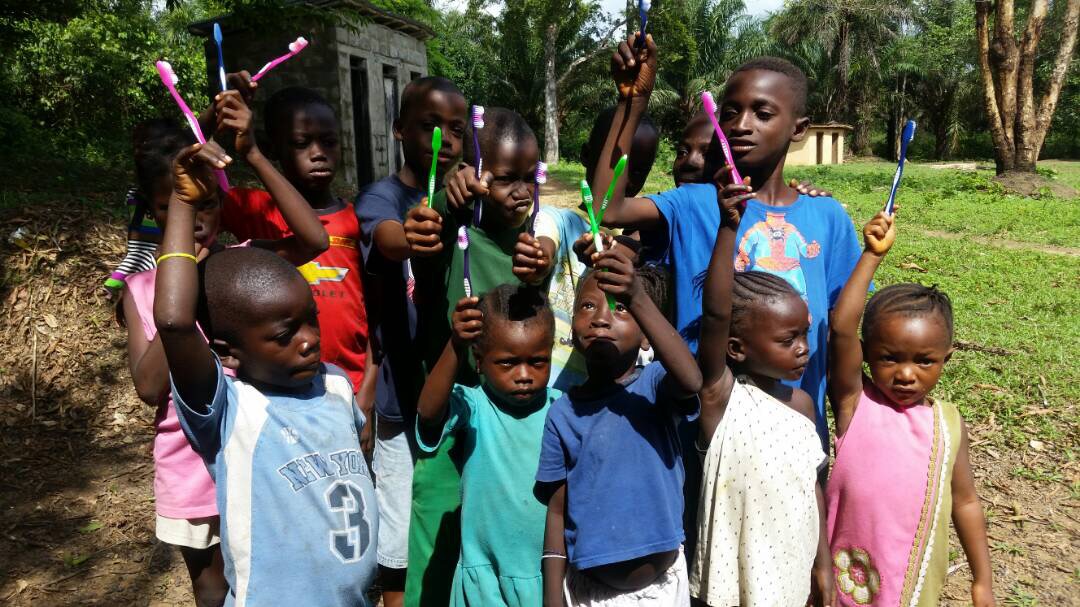
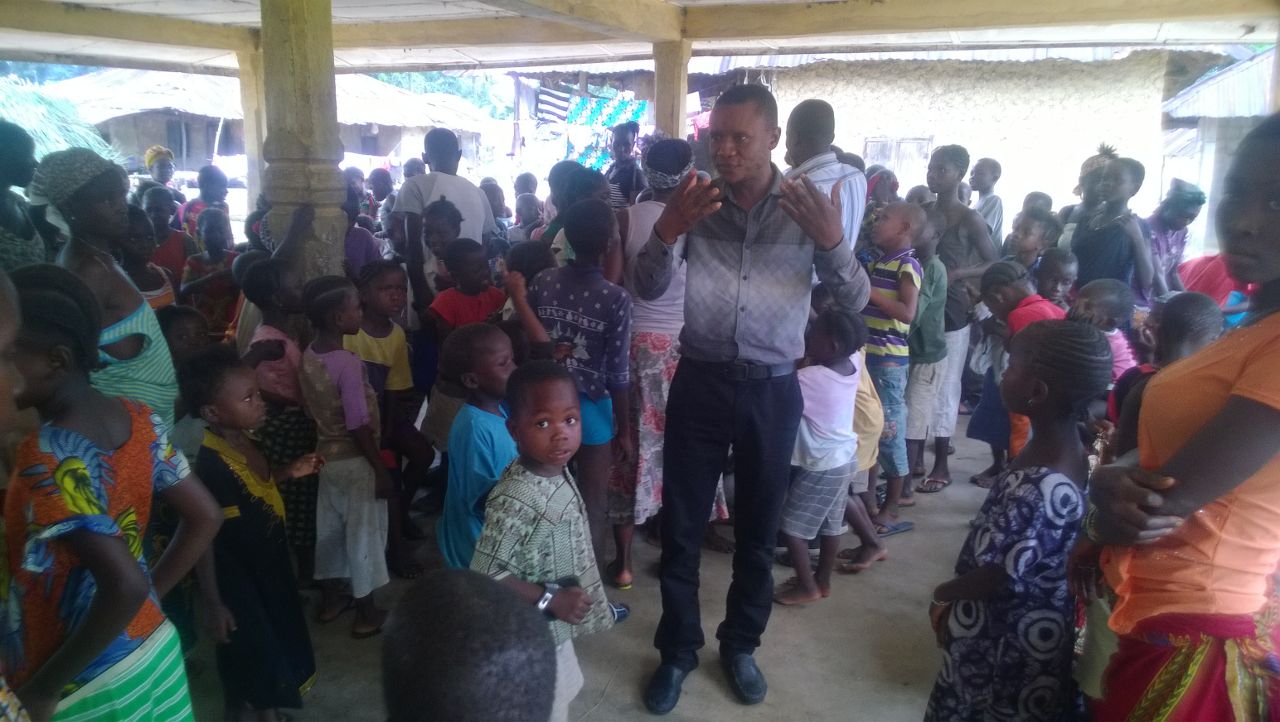
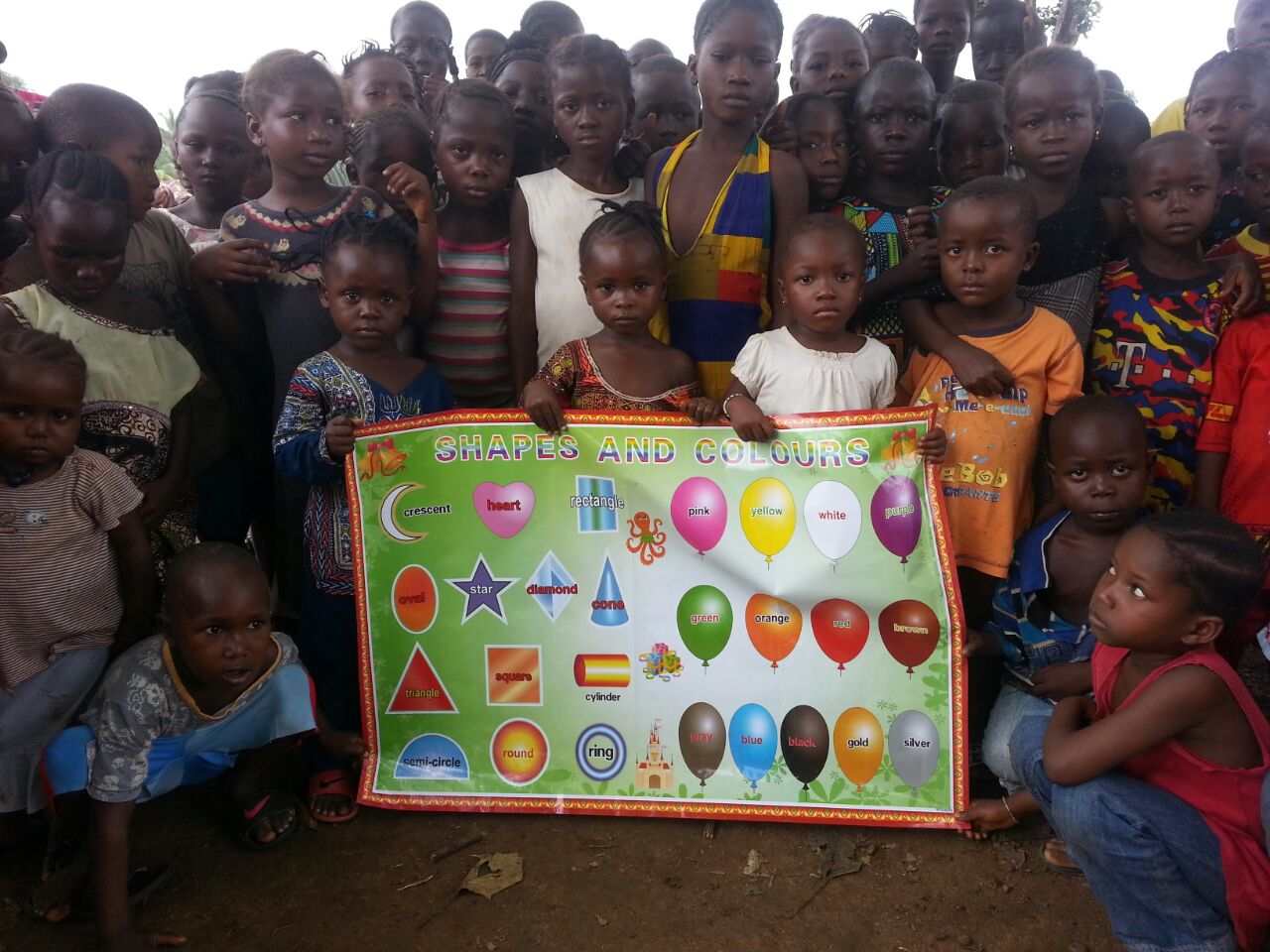

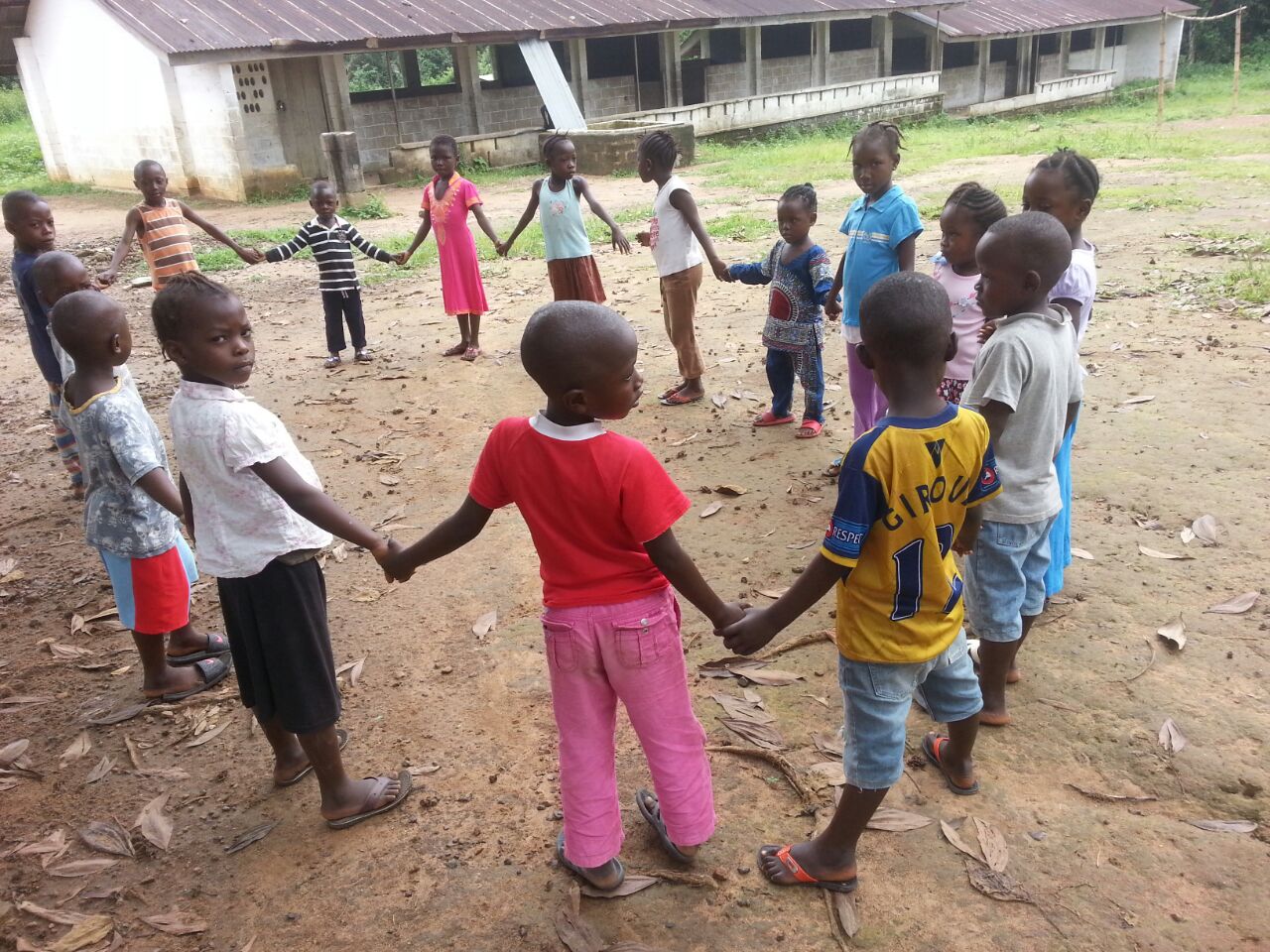
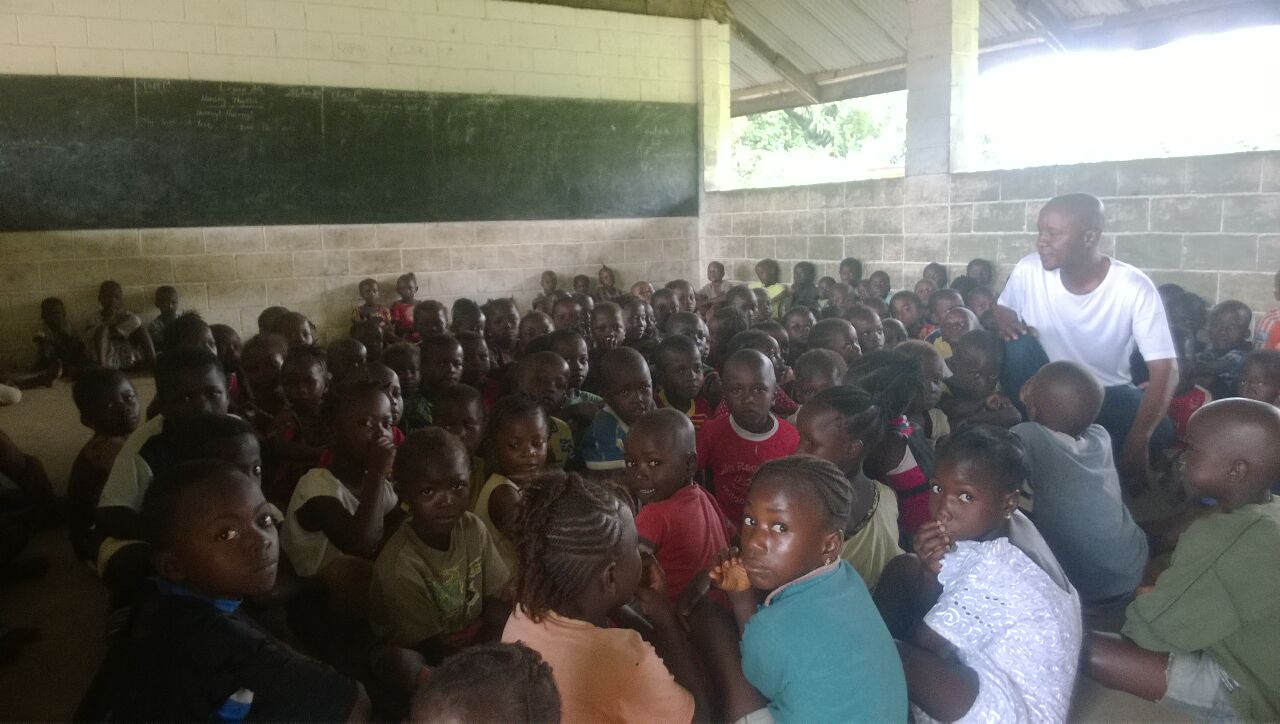


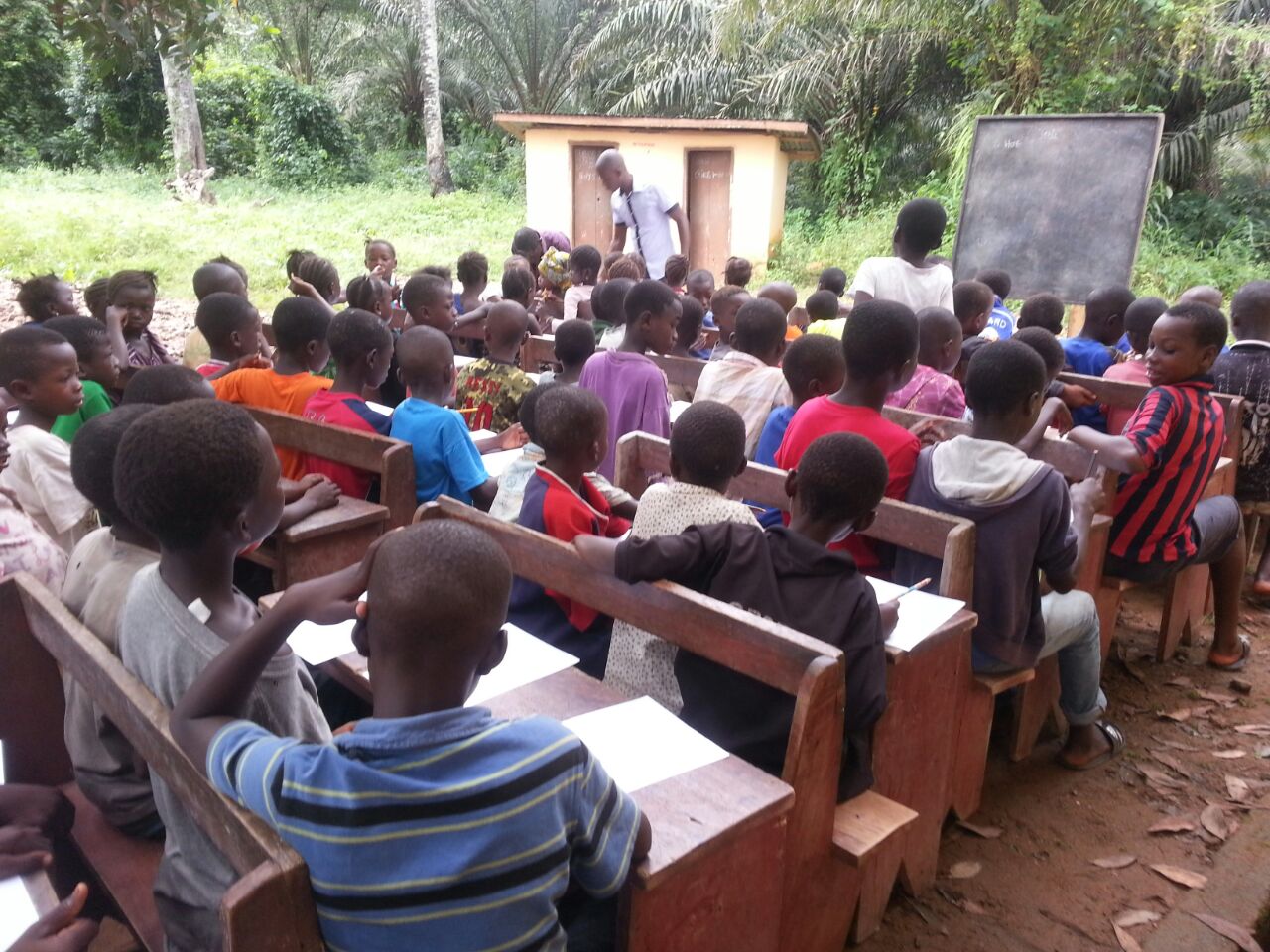
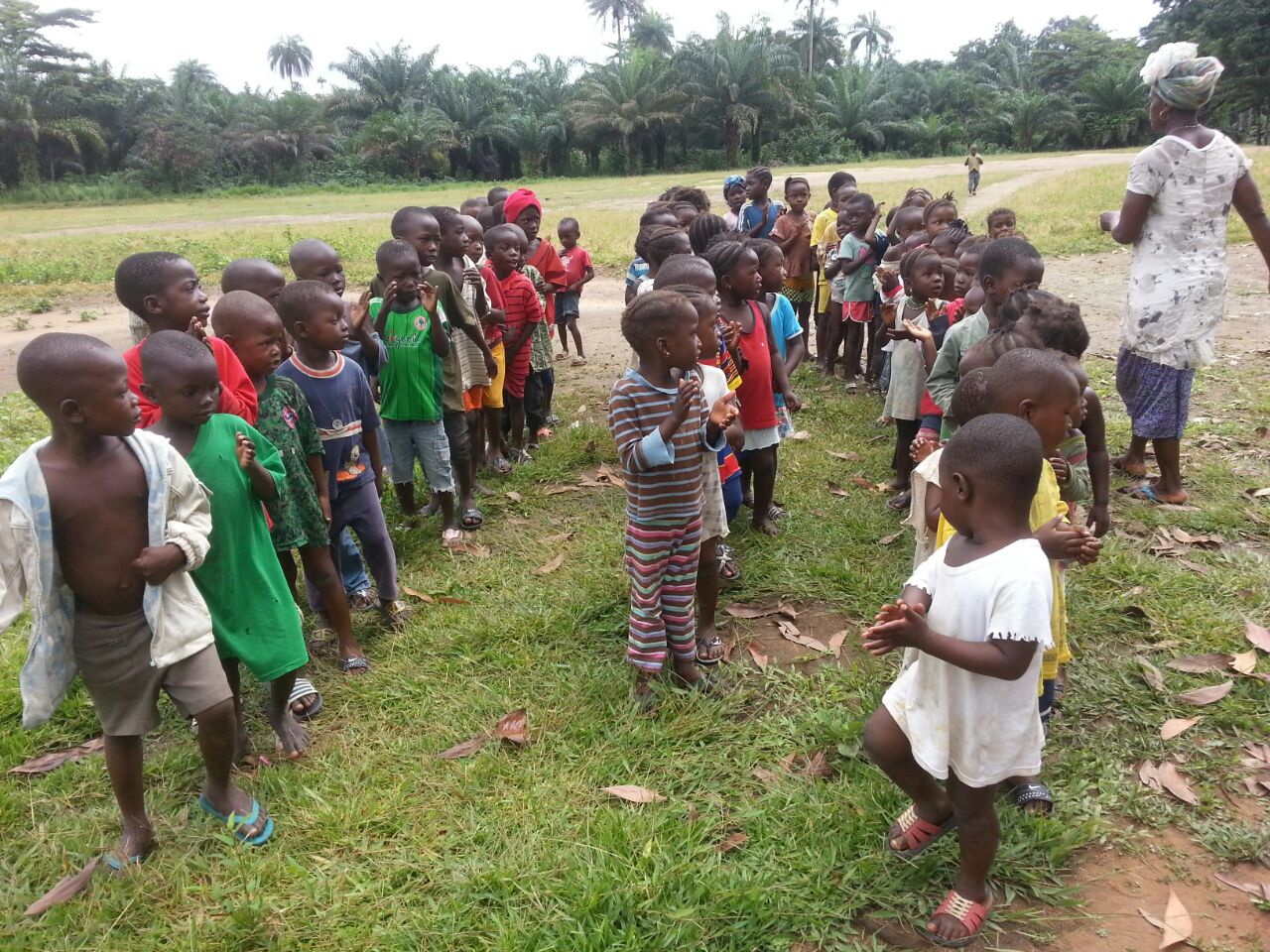
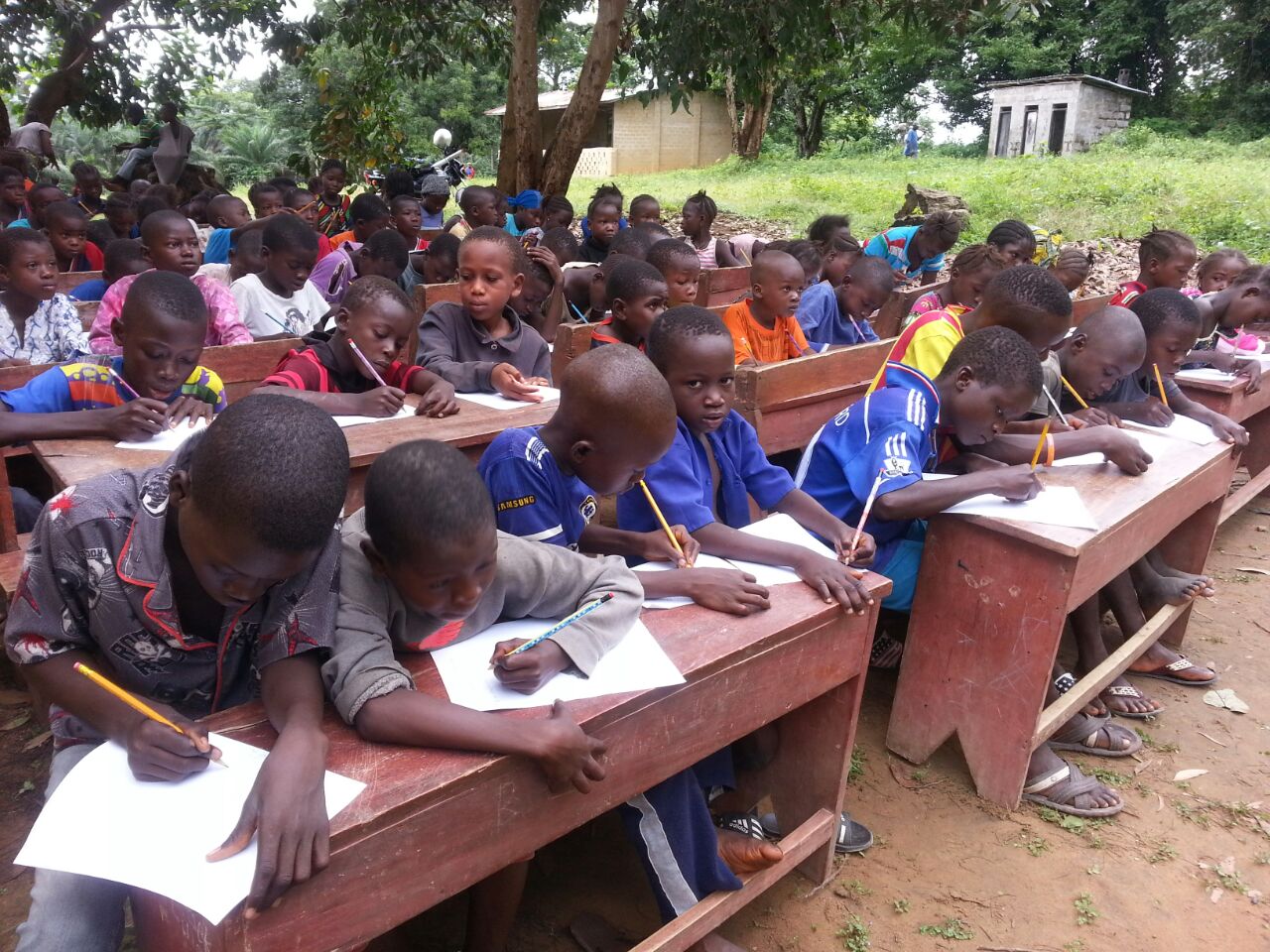

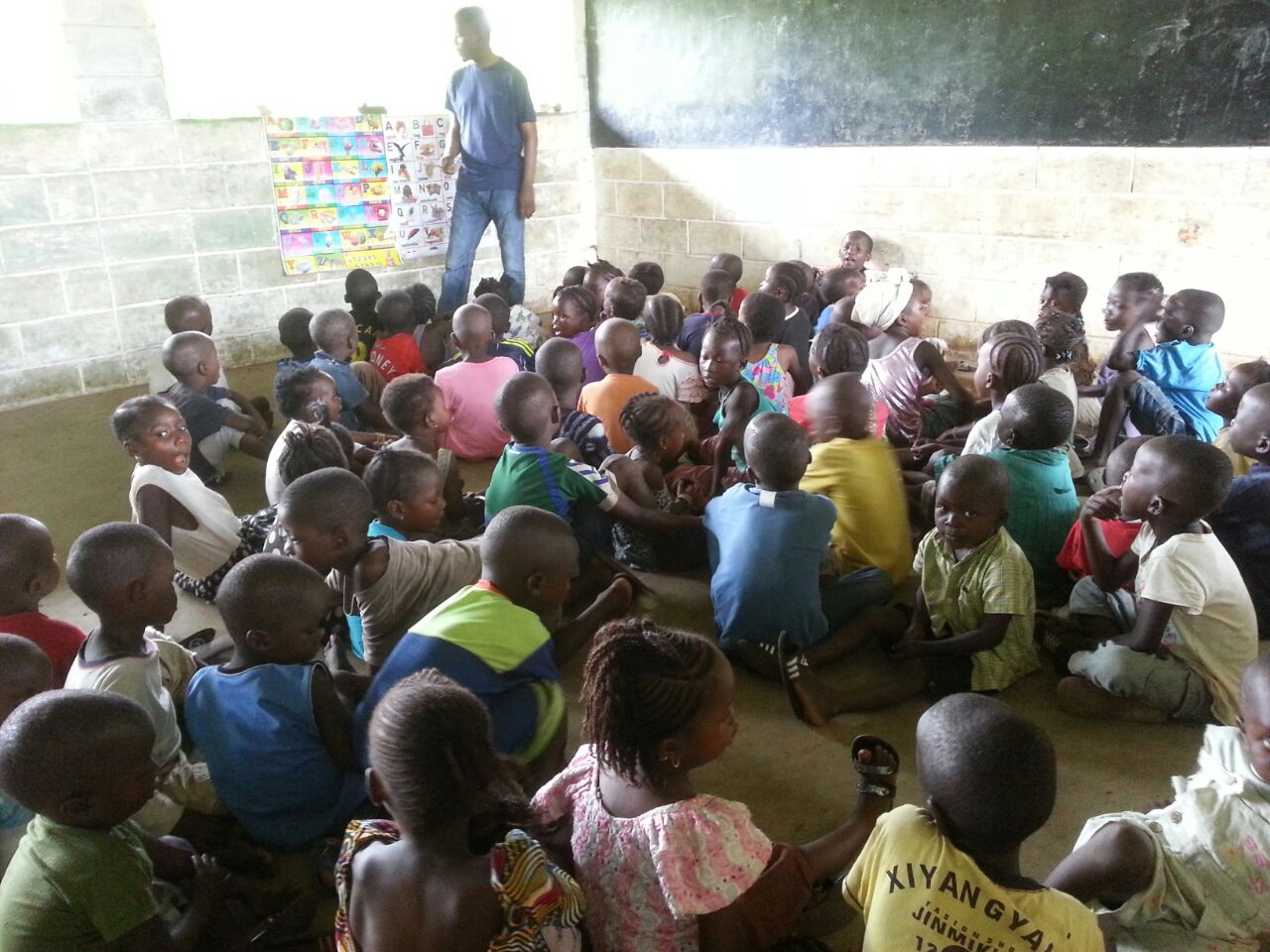
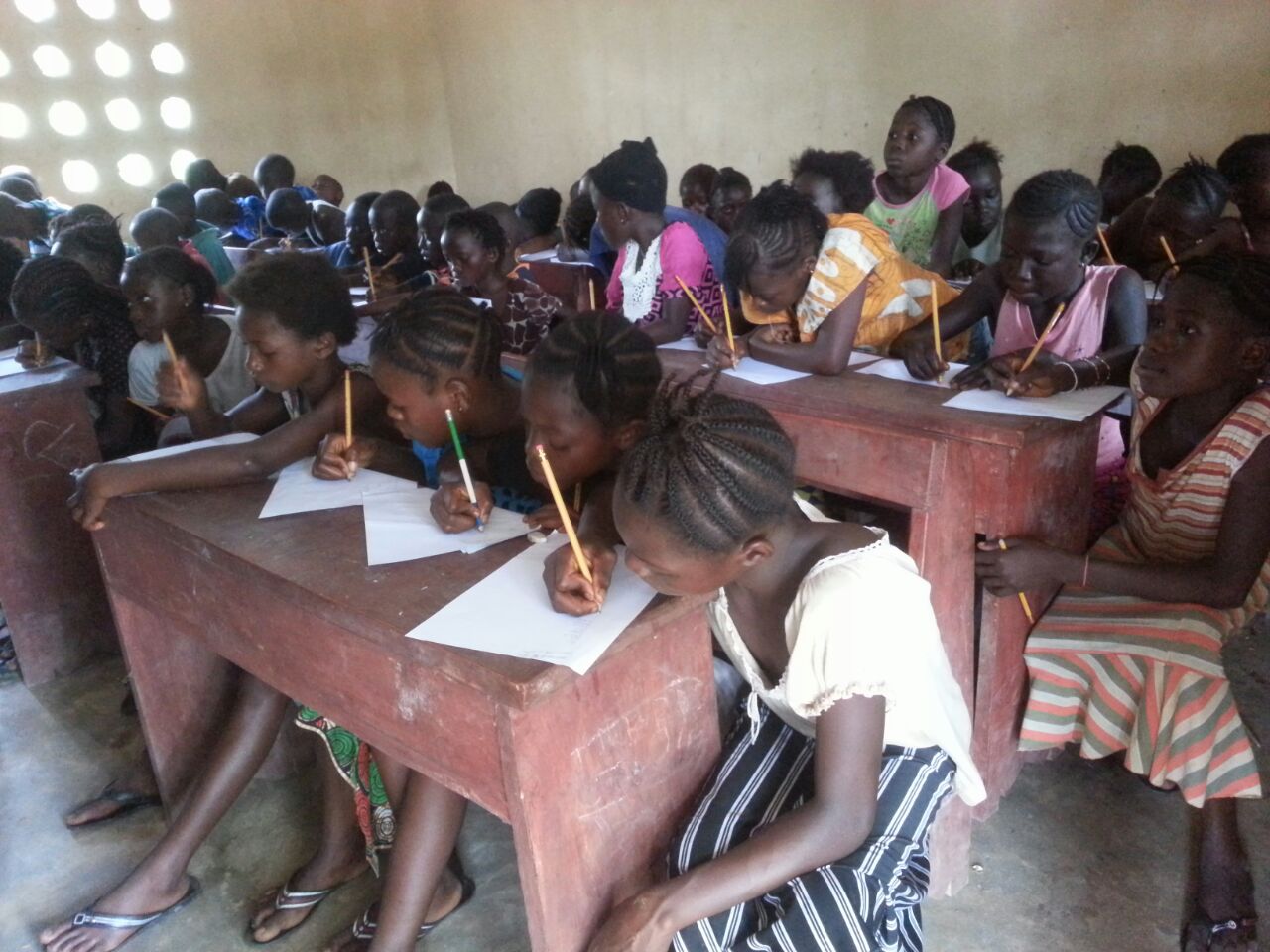
program structure
PRESCHOOL: In September 2021 we launched our first physical preschool, an all-girls school at the Gerihun Resource Center. It is solar-powered and includes a community library and computer lab. Through a lottery conducted by the school committee, 30 girls from the most vulnerable families were selected to attend. Ages are between 3 and 5 and the teaching method is similar to a Montessori style. The school runs 5 days a week from 8am - 12pm. We provide food every day for each girl in attendance. Food includes a nutrient-infused coconut Gari product with fresh fruits alternating with home-cooked rice and local vegetable dishes. To encourage the long-term sustainability of the school we started a garden program that will eventually contribute to the nourishment of our students.
MOBILE ECE: This program is running in two villages—Konia and Mbundorbu—we travel to each village to provide teacher volunteers with ongoing training and monitor weekly classes. Classes are offered three days a week (Monday, Wednesday and Saturday) for two hours a session. We have over 500 children under the age of 10 registered in this program.
Children are the future. Investing in children is our long-term approach to breaking through the cycle of poverty.
